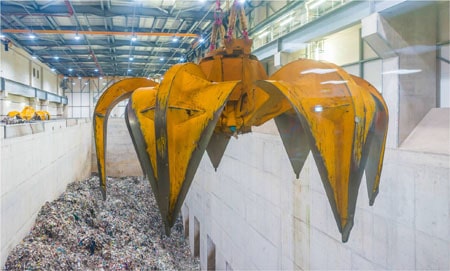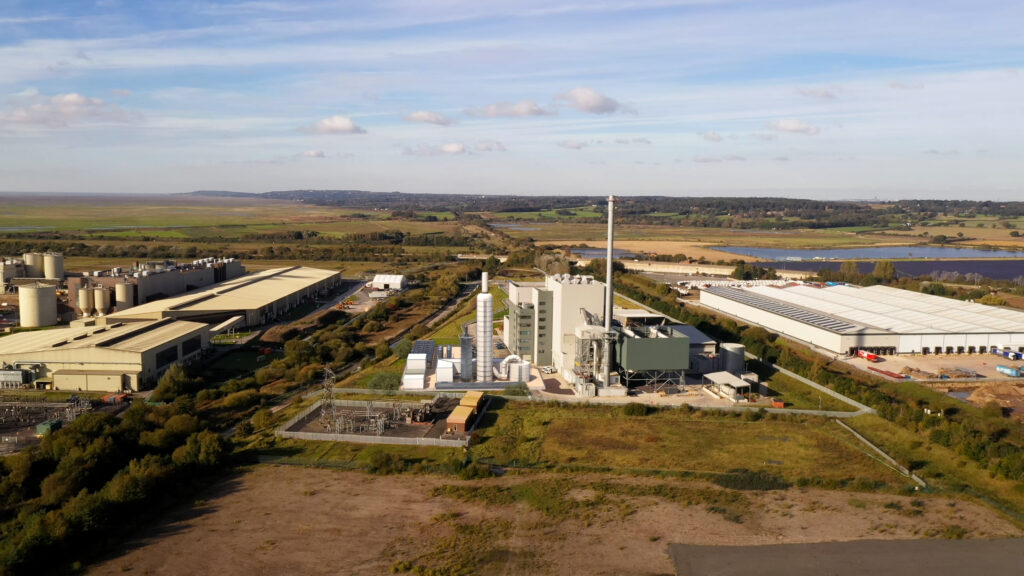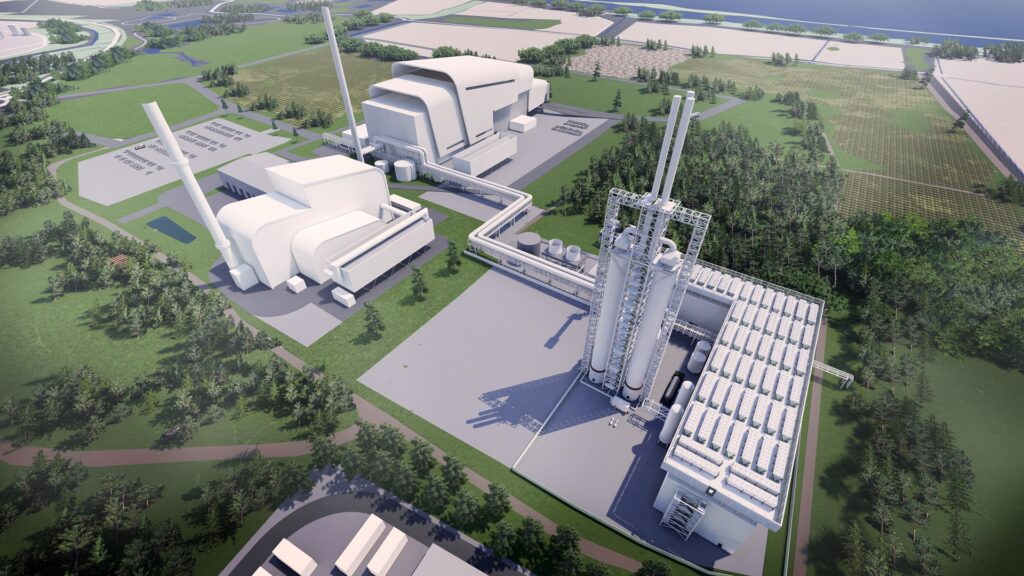The call was issued in light of the adoption of the European Union’s Taxonomy Climate Delegated Act, which aims to create a classification system for “environmentally sustainable economic activities”.

The EU published a ‘first delegated act on sustainable activities for climate change adaptation and mitigation objectives’ yesterday (21 April) without mention of EfW.
FEAD — of which the Environmental Services Association is a member — said it was “very disappointed” that EfW was “negatively portrayed” in parallel pieces of legislation, such as recently published technical guidance on the EU’s Resilience and Recovery Fund.
FEAD argues a “proper assessment” of the conditions under which EfW “successfully contributes” to climate objectives is needed.
Peter Kurth, FEAD’s president, said in a statement published yesterday (21 April): “With proper waste management plans in place, waste-to-energy installations are crucial to safely treat non-recyclable waste by producing electricity and heat. This is a potential that would be otherwise lost.
“It is important for EU recycling markets that waste-to-energy is regarded as an essential step in the waste hierarchy and remains a sustainable part of the waste management chain. We strongly urge the European Commission to look at the facts and assess the potential of this key activity.”
EfW
FEAD cited a 2020 study carried out by professional services network PwC suggesting EfW contributed to the circular economy by safely treating waste that could not be reused or recycled and by taking pollutants out of the ‘eco-cycle’.
“Waste-to-energy installations are crucial to safely treat non-recyclable waste by producing electricity and heat”
PwC’s study suggested EfW helped avoid CO2 emissions by turning waste into heat, steam and electricity and by recovering valuable secondary raw materials such as metals and aggregates to be used in new products and processes.
FEAD also cited research carried out by the Confederation of European Waste-to-Energy Plants (CEWEP) from 2019 which claimed 142 million tonnes of residual waste treatment capacity would still be needed by 2035 to fulfil current EU targets. With the current EfW capacity at 90 million tonnes, FEAD says, this leaves the EU market with a gap of approximatively 40 million tonnes of non-recyclable waste that must be somehow treated.
Zero Waste Europe
By contrast, in October 2020 Brussels-based charity Zero Waste Europe commended the EU for excluding EfW from the EU Taxonomy Regulation.
The NGO said the inclusion of EFW could harm the transition to a circular economy, waste prevention and recycling, which it said was one of the legislation’s key environmental objectives.
EfW is a high carbon-intense source of energy and harms recycling, Zero Waste Europe claimed. It added the EU already had an EfW overcapacity.










Subscribe for free